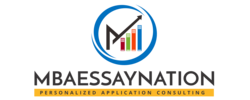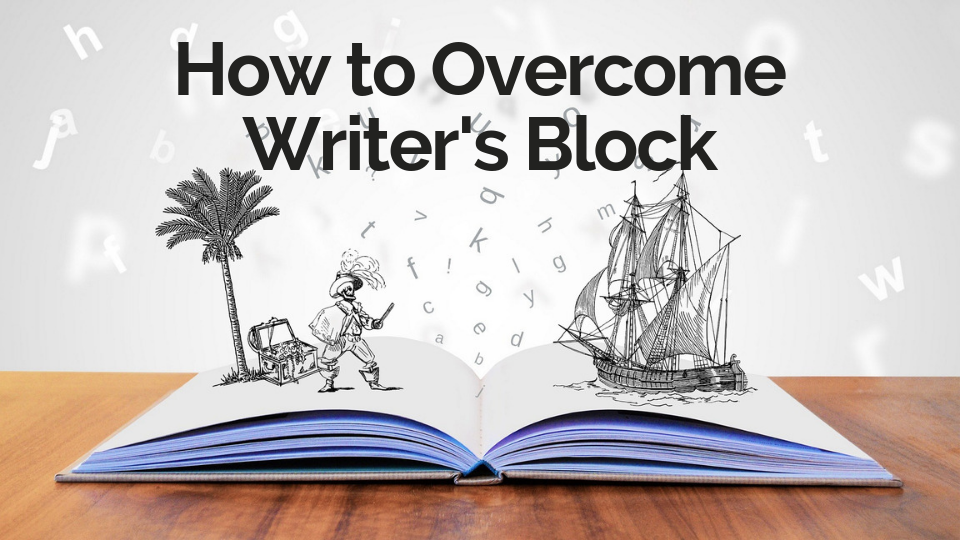“So, you want to go to business school. What exactly do you want to learn?” It sounds like a simple question, but MBA applicants often struggle with it. College interviewers might have asked about your intended major, but you could craft broad answers; in b-school everyone is a business major, so the messaging needs to be more defined.
Generic responses, such as, “I like the diverse student body” and “I want to get a general management education,” leave interviewers with the impression that you’re not seriously interested in their school, Soojin Kwon, the director of admissions at the Ross School of Business at University of Michigan-Ann Arbor, recently blogged.
Offering interviewers the opposite impression-that you are a serious candidate-comes down to clearly articulating your learning agenda in both your essays and interviews. It’s insufficient to say that you want to learn more about accounting, finance, or marketing. Every MBA student learns about those; they’re called required courses.
To demonstrate how serious you are about your future studies, be specific about why business school is the logical next step in your career progression, rather than painting with a broad brush. B-school staff spend literally thousands of hours developing course materials on virtually every business-related subject under the sun, so you must reflect on your ambition beyond viewing an MBA merely as a rite of passage or a brand name to add to your résumé.
If you have a particular strength in your candidacy, you may choose to develop that element further. You may have worked in marketing for the last four years, for example, but you want to further your knowledge of brand building among young people and unconventional sales channel development to help you launch a certain entrepreneurial idea you have.
Or, you may have identified gaps in your professional skillset, such as navigating business law or analyzing industrial operations, despite your experience as an investment banker and deep understanding of valuation and debt finance.
Consider the kinds of online articles you are attracted to, and draw upon those topics as you develop sections of your essays and answers to your interview questions. Addressing topics that you’re passionate about will make your answers more compelling and better researched.
You may want to introduce your interests in an essay like this: “I’m fascinated by the ways brands like Apple have been rolled out in new cultures.” Or, “I’ve seen the power of internal incentives on organizational behavior, and I want to understand them as a management tool.” Or, “I’m impressed by the way top-flight organizations, such as Starbucks, are able to maintain their high levels of customer service.”
Coming up with a short list of subjects that fascinate you can also help you research course offerings, initiatives, and clubs at prospective schools.
As you think about your learning agenda, be as concrete as possible. When you’re considering subject areas, don’t just think marketing; instead, think brand management, channel creation, or pricing.
Technology, healthcare, and consumer product industries aren’t enough; get more specific with market segments, such as security technologies, new healthcare service models, and branded luxury products. These are still mega-billion dollar industries with plenty of opportunities for innovation.
It’s also important to stretch beyond your comfort zone. If you’re well-versed in organizational behavior as applied to U.S. companies, maybe you want to learn about the differences in India, the Middle East, or Latin America. Or you may want to learn about investing in China or Canada. You will have plenty of classmates and case materials to help you learn about these different economies.
The more you’re able to clearly articulate what you plan to do, and how an MBA will help you reach those goals, the better your chances of gaining admission at your target school.
Stacy Sukov Blackman launched her MBA consulting company specializing in business school branding in 2001 and has since helped thousands of clients gain admission to the most selective business schools in the world, many with merit scholarships. Blackman has degrees from both the Wharton School and the Kellogg Graduate School of Management, and is the author of The MBA Application Roadmap: The Essential Guide to Getting Into a Business School. She has also published a series of online guides which contain in depth guidance on how to develop essays for top business schools.
Article Source: http://EzineArticles.com/expert/Stacy_Blackman/1371737
Article Source: http://EzineArticles.com/7403621

